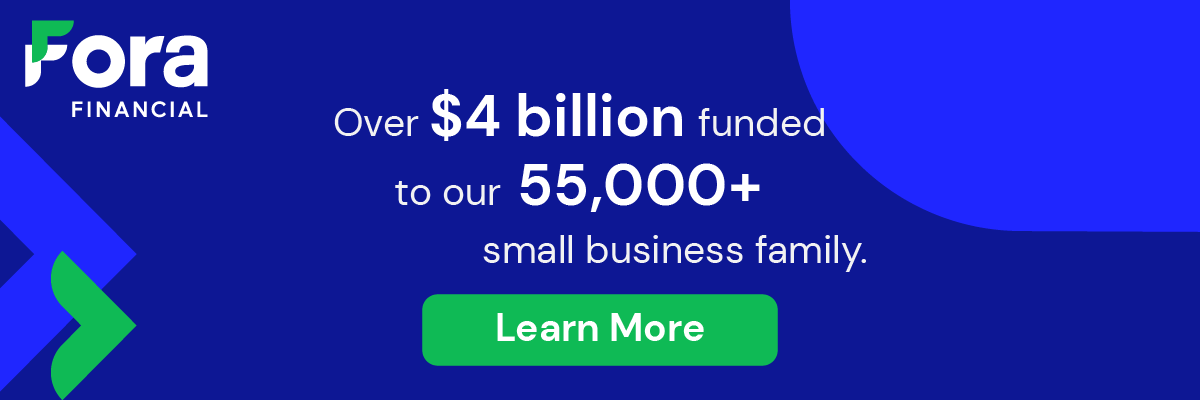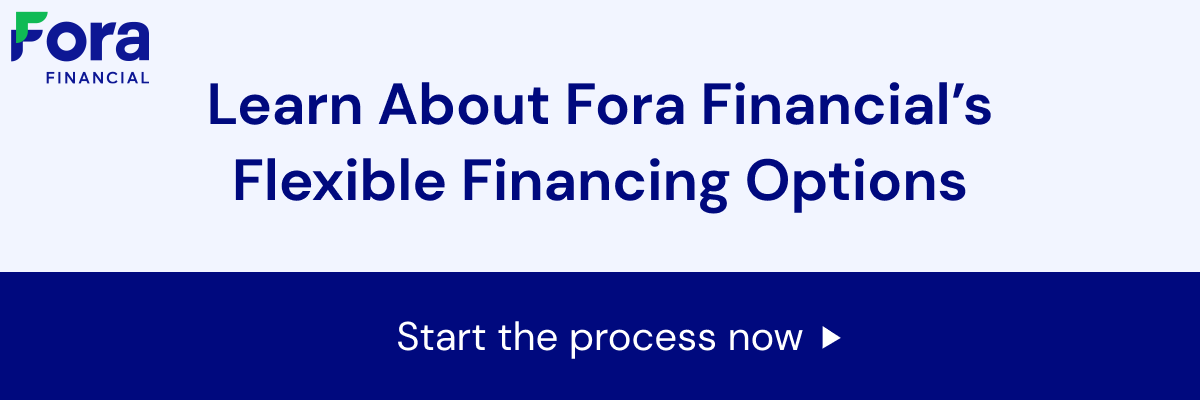Stated income business loans and lines of credit are two unique forms of financing that any entrepreneur needs to know about. Both offer a solution if you need credit but don’t have the detailed financial statements that lenders often ask for. Today, we’ll explore stated income business loans and lines of credit and outline their features, benefits, application processes, and how to choose between the two.
What Is a No Doc Stated Income Business Loan?
No doc stated income business loans mainly rely on the amount of money your business makes based on your word instead of tax returns or financial statements.
Key Features of Stated Income Loans and Lines of Credit
One of the defining features of stated income loans and lines of credit is how lenders verify income. Traditional means like tax documents or pay stubs aren’t used in this case. Instead, lenders might ask for a business plan, bank statements, or an in-depth credit review. The emphasis is always on your ability to repay the loan, which lenders gauge through means other than conventional income verification.
Qualifying for a Stated Income Business Line of Credit
You’ll need to demonstrate a solid credit history and a well-established business presence to get a stated income business line of credit. Lenders may ask for proof of a stable business operation, which could include evidence of consistent business transactions or a large client base. In addition, your business's overall financial situation, including existing debts and cash flow, will go under the microscope as lenders assess your capacity to manage and repay the credit line.
The Application Process for a Stated Income Business Loan
Applying for a stated income business loan or line of credit usually goes faster and is simpler than traditional financing. You’ll most likely need to fill out a form stating your income, the nature of your business, and other relevant financial information. Credit history and operational history might also be key in a lender’s decision.
Benefits of Stated Income Business Loans
Stated income business loans are very accessible, which is their biggest perk. They make capital available to business owners who might not qualify for traditional loans, opening doors for growth. This flexibility is a game-changer when you need timely funding to capitalize on market opportunities or manage cash flow.
In addition, the approval process for stated income loans is often faster because fewer documents need to be submitted and reviewed. This expedited process could give you much faster access to your funds and get your business off the ground quickly.
Understanding the Risks & Considerations of Stated Income Business Loans
While stated income loans and lines of credit offer quite a few advantages, they also come with certain risks and drawbacks. Interest rates on these loans may be higher than those for fully documented loans, which reflects the higher risk that a lender takes by not asking for traditional income verification. In addition, you’ll need to make sure you can meet the repayment terms when you apply, as missing payments can tank your credit score.
Another important consideration is the importance of honesty when applying. Overstating income to secure a higher loan amount can cause problems down the road, landing you in an unsustainable situation where your debts far outweigh your earning ability. To avoid this scenario, make sure you tell the truth.
Who Should Consider Stated Income Business Loans?
Stated income loans and lines of credit are best for business owners who can’t present traditional income documentation but have a clear and viable business strategy. These easy small business loans are also ideal for businesses in industries with variable income streams or companies that make lots of cash sales. Ultimately, though, it’s up to you to determine whether this form of financing fits your needs.
Conclusion
Stated income business loans and lines of credit can help you get your business off the ground, especially if you struggle to prove income through traditional means. They provide the necessary flexibility and accessibility for businesses to thrive through economic ups and downs. As with any financial decision, consider the terms and potential risks carefully.



